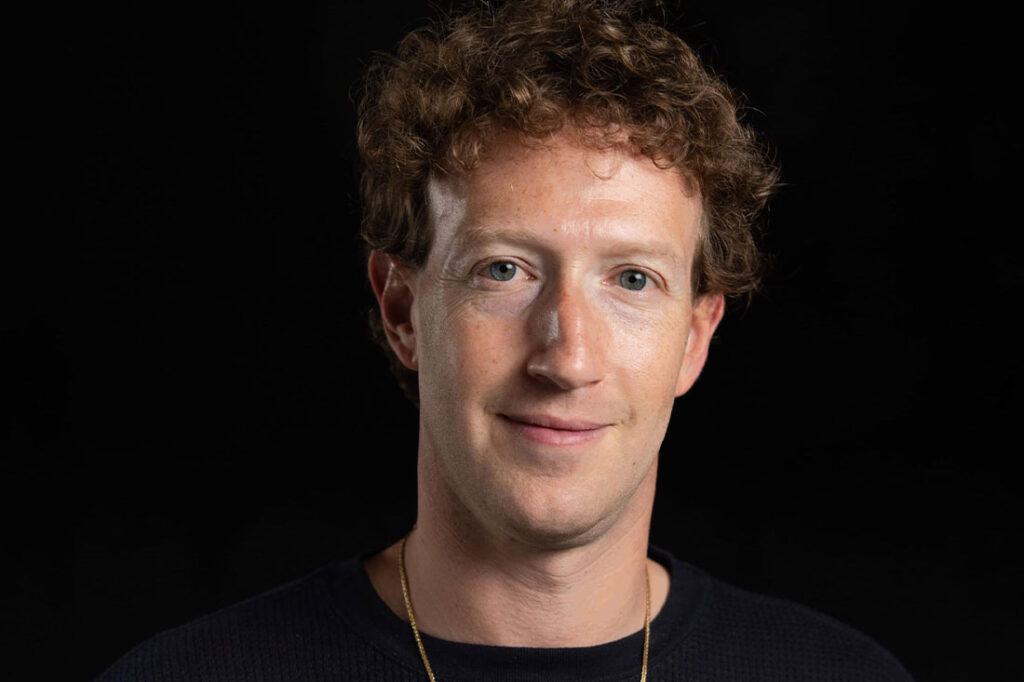
views
Quick Links
SECTIONS
- Business
- Entertainment
- Future of Work
- Health & Wellness
- Lifestyle
- Money
- Personal Development
- Professional Development
- Relationships
- SUCCESS Bestsellers
- Business
- Entertainment
- Future of Work
- Health & Wellness
- Lifestyle
- Money
- Personal Development
- Professional Development
- Relationships
- SUCCESS Bestsellers
JOIN US
- SUCCESS+
- SUCCESS Coaching
- Speakers Bureau
- SUCCESS Events
- SUCCESS Space
- Newsletter
- Daily SMS
- Subscribe
- Shop the SUCCESS Store
- SUCCESS+
- SUCCESS Coaching
- Speakers Bureau
- SUCCESS Events
- SUCCESS Space
- Newsletter
- Daily SMS
- Subscribe
- Shop the SUCCESS Store
GET IN TOUCH
CONNECT
Instagram Facebook Tiktok Linkedin Pinterest X-twitterMORE
 Get SUCCESS® Magazine PLUS 80+ Hours of Exclusive Training (& More!) to Multiply Your Earning Potential
SUBSCRIBE TODAY!
Get SUCCESS® Magazine PLUS 80+ Hours of Exclusive Training (& More!) to Multiply Your Earning Potential
SUBSCRIBE TODAY!
Save Up to 20% Before Oct. 2!
BOOKMARK Share TABLE OF CONTENTS
TABLE OF CONTENTS


Meta CEO Mark Zuckerberg is planning a significant overhaul of Facebook’s content moderation policies this year. The platform is set to replace its fact-checking team with a community-driven notes system, inspired by a similar model introduced on X (formerly Twitter) in 2021. Zuckerberg describes the new changes at Meta as a response to a “cultural tipping point,” now aiming to reduce censorship across all platforms.
Meta is ending its fact-checking partnerships and shifting to a community-notes style feature for Facebook, Instagram and Threads, the platform announced on Tuesday. Community notes rely on users to flag and provide additional context to misleading or questionable posts, letting the crowd decide what’s accurate. Zuckerberg says the previous fact-checking team “destroyed more trust than they created,” arguing that efforts toward inclusivity have not worked and a new approach is needed.
Describing its moderation systems as nearly impossible to manage and overly complicated, Meta’s move away from traditional fact-checking seeks to build a digital environment closer to X, where free speech takes priority and top-down regulation is minimized.
“Experts, like everyone else, have their own biases and perspectives. This showed up in the choices some made about what to fact check and how. Over time we ended up with too much content being fact checked that people would understand to be legitimate political speech and debate,” states a Meta press release. “It’s not right that things can be said on TV or the floor of Congress, but not on our platforms.”
Platforms like X and Reddit, which already depend largely on community moderation and algorithms, have incidentally often become forums of harmful content and misinformation, prompting many users to reconsider their participation in those spaces. Meta’s pivot might cut costs and boost short-term interest, but it risks creating a similar environment, challenging the safety and trust that once defined its position. When X overhauled its internal policies and moderation strategies under new ownership in 2022, it sparked a record-breaking advertising boycott and an exodus of senior journalists, public figures and brands who no longer aligned with the platform’s evolving principles.
A survey by Kantar revealed that 26% of marketers intend to reduce their spending on X in 2025, marking the largest decline seen across any major global ad platform. Only 4% of marketers believed that X ads provide adequate “brand safety.”
Brand safety is paramount for digital success in 2025. Choosing where to build your presence means understanding not just your audience, but the values of the platforms themselves. As social media spaces continue to merge and fracture, platforms like X and Facebook retain influence through sheer scale but also, as they adapt, offer you the opportunity to question where to best post your content.
The space in which you speak is a reflection of the message itself. This concept, first introduced by communication theorist Marshall McLuhan in 1964, posits that the medium is not merely a vessel for content but actively shapes its meaning and impact. In today’s digital landscape, where platform dynamics actively dictate how audiences engage and what we choose to post, the choice of medium is as critical as the message itself.
Meta’s social media platforms are poised for significant changes, with bold moves coming from every direction. Zuckerberg is not only scrapping Meta’s moderation arm but also reintroducing political content into users’ feeds, loosening restrictions on sensitive topics such as immigration and gender and relocating the remaining few content moderation roles to a central HQ in Texas. Moving several key operations to Texas has been part of Zuckerberg’s master plan for some time. He claims that the new location will help overcome the internal biases and concerns that have hindered growth in California.
In what appears to align with a potentially lighter regulatory climate for tech leaders in 2025, this strategy reflects Meta’s ambition to reconnect with a user base it believes has been neglected. Even so, these changes are already raising concerns internally, with former employees and critics within the company voicing apprehension about the broader implications.
Helle Thorning-Schmidt, a key figure on Meta’s oversight board, told BBC Radio 4’s Today program that she’s cautiously optimistic about parts of the shake-up. “We are seeing many instances where hate speech can lead to real-life harm, so we will be watching that space very carefully,” she said. When users feel safe, engaged and respected, brands can forge deeper, more authentic connections that endure over time.
Meta has long cemented its dominance as an advertising powerhouse across all its platforms, offering precise targeting, robust analytics and access to a massive user base that few can compete with. As the platform continues to juggle its role as both a social hub and a catalyst for community commerce, maintaining the loyalty of brands and influencers amid these changes will be the next major challenge.
And as that new vision unfolds, many businesses may seize the opportunity to reevaluate their digital strategies altogether, exploring emerging platforms like Bluesky to tap into new audiences and refresh their content approach. The platforms we choose to engage with shape how we craft our messages, and for some, aligning with a different space may provide the momentum needed for fresh growth and renewed purpose.
Photo courtesy of Meta

Pablo Urdiales Antelo
Pablo Urdiales Antelo is a news writer with a sharp focus on politics and business. Drawing from his experience in breaking news and pop culture commentary, he offers a comprehensive and international perspective on current affairs, helping audiences decode the complexities of our modern world.
5473 Blair Road, Suite 100
PMB 30053
Dallas, TX 75231
Copyright © 2024 SUCCESS Magazine. All rights reserved.
Save Up to 20% Before Oct. 2!
Copyright © 2024 SUCCESS Magazine. All rights reserved.
Unlock the Latest Knowledge that Can You Help You Achieve More in Life with More Confidence
Print and Digital Options Available
Oops!
You’ve reached your limit of free
articles for this month!
(plus get access to hundreds of resources designed
to help you excel in life and business)
Please enter your username or email address. You will receive an email message to log in.
No, thanks, I’m not interested in personal growth.
Plus, get access to daily inspiration, weekly newsletters and podcasts, and occasional updates from us.
By signing up you are also added to SUCCESS® emails. You can easily unsubscribe at anytime. By clicking above, you agree to our Privacy Policy and Terms of Use.
Please enter your username or email address. You will receive an email message to log in.
Get unlimited access to SUCCESS®
(+ a bunch of extras)! Learn more.
Please enter your username or email address. You will receive an email message to log in.
The exclusive article you’re trying to view is for subscribers only.
(plus get access to hundreds of resources designed
to help you excel in life and business)
Please enter your username or email address. You will receive an email message to log in.
https://www.success.com/meta-ends-fact-checking/
























Comments
0 comment